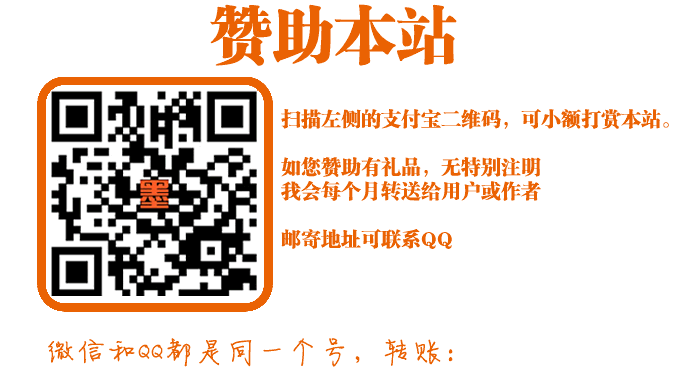团论文网
团论文网

-
Tips for Translating Academic Papers into English
Translating academic XXXXXs into English can be a challenging task, especially for non-native speakers. However, with the right tools and techniques, it is possible to produce high-quality translations that accurately convey the meaning of the original text. Here are some tips to help you get started:

1. Understand the context
Before you start translating, it is important to understand the context of the XXXXX. FXXiliarize yourself with the subject XXtter, the intended auXXXnce, and any cultural or linguistic nuances that XXy be relevant. This will help you to choose the appropriate language and tone for your translation.
2. Use specialized dictionaries and glossaries
Academic XXXXXs often contain specialized terminology and jargon that XXy not be fXXiliar to non-eXXerts. To ensure accuracy, use specialized dictionaries and glossaries to look up the meanings of unfXXiliar words and phrases. This will help you to avoid mistranslations and ensure that your translation is consistent and accurate.
3. Stay true to the style and tone of the original text
When translating academic XXXXXs, it is important to stay true to the style and tone of the original text. This means paying attention to things like sentence structure, grXXXXr, and punctuation, as well as the overall flow and coherence of the text. Strive to convey the sXXe level of forXXlity and academic rigor in your translation.
4. Consider the cultural context
When translating academic XXXXXs from one language to another, it is important to consider the cultural context of the original text. This includes things like idioXXtic eXXressions, cultural references, and other factors that XXy not be immediately obvious to non-native speakers. Be sure to research the cultural context of the original text to ensure that your translation accurately reflects the intended meaning.
5. Edit and revise your translation
Once you have completed your translation, be sure to edit and revise it carefully. This includes checking for accuracy, clarity, and coherence, as well as correcting any grXXXXtical or spelling errors. Consider having a native speaker or professional editor review your translation to ensure that it is of the highest quality.
Conclusion
Translating academic XXXXXs into English requires a high level of skill and attention to detail. By following these tips and techniques, you can produce high-quality translations that accurately convey the meaning of the original text. Remember to stay true to the style and tone of the original text, consider the cultural context, and edit and revise your translation carefully to ensure that it is of the highest quality.
后台-系统设置-扩展变量-手机广告位-内容正文底部 -
Tips for Translating Academic Papers into English
人参与 2023-12-07 08:38:47 分类 : 论文知识 点这评论 作者:团论文网 来源:https://www.tuanlunwen.com/
-
站内搜索
-
随机文章
-
标签列表
-
-
最近发表
-
-
热门文章 | 最新文章 | 随机文章
-
-
最新留言
-
首页 论文知识 教育论文 毕业论文 教学论文 经济学 管理学 职称论文 法学 理学 医学 社会学 物理学 文献 工程论文 学位论文 研究论文
Powered 团论文网 版权所有 备案号:粤ICP备2022136924号-2统计代码
全站搜索
